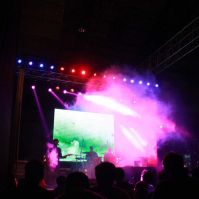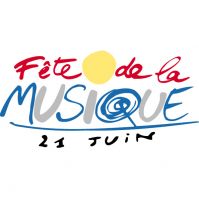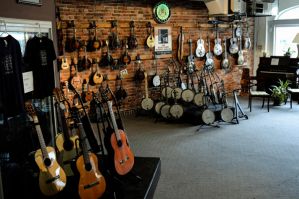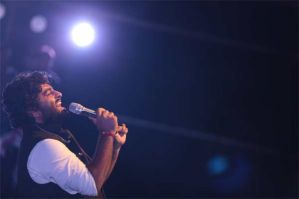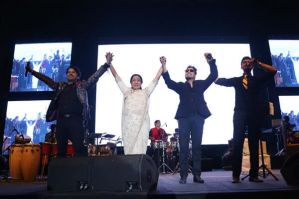Remo: "Without originality or individuality, an artist is photocopier at best"
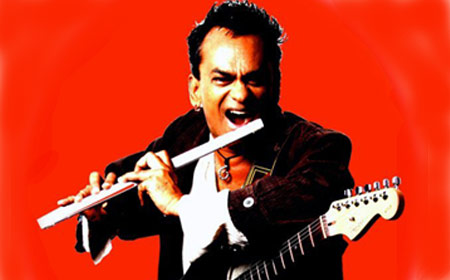
Multi-lingual and instrumentalist Remo Fernandes has worn many musical hats throughout his career. Born 8 May, 1953 in Goa, Fernandes was a prodigious musician at a young age and already managed to form a band in school.
Not satisfied in sounding contemporary and acceptable in the Mumbai live music circuit, he undertook a journey to seek his musical calling.
His search took him across continents. Between 1977-80, he literally hitchhiked his way across North Africa and Europe, basking- playing music on streets for money- to stay alive. Over the years, his innovativeness, versatility and vitality in music has won him multi-platinum albums and the opportunities like performing with rock legends Led Zeppelin and Queen.
After hippiedom, experimenting with music, earning accolades, Fernandes can afford to take it (a little) easy. Radioandmusic.com caught up with the man who brought, Calypso, the sun n sand, Goa and fun to our collective imagination. Like most of the country’s long-standing artists Fernandes is a romantic and purist at heart. He embraces global and home-grown trends and innovatively turns them into hits. But soon, one sees him strapping his trusty old acoustic or Fender guitar. Though technically well-versed with latest machines and gadgets in the recording industry, Fernandes gravitates to the basics.
I have no personal favourite genre. I believe there is good music and bad music in every genre. And to me good music is one which is inspired, created by good musicians with good ears, not by software techies, and not driven by monetary or chart considerations. If you take my playlist- it's a very eclectic mix; from Western Classical to Gregorian Chants to Blues to Brazilian to Asa to 70s’ rock to Jazz to Latin to Beatles to Infected Mushrooms to Assamese Folk to Baul to Sphongle to Portuguese to infinity... and that's what I miss in today's radio and television, a broadness of spectrum.
Musically too, I don’t want to be restricted to just the love song or a rock/fun-filled calypso genres. Why stop at these two? I have also written orchestral fusion, qawwali rythmic rock, and so on... everything is easy and flows naturally when it flows truthfully from your heart, and when you're not trying to force it because it's the "in"thing to do.
In school, I loved a lot of music and a lot of artists, but the ones who influenced me the most, and for the longest period of time, have to be The Beatles. They just didn't create hits of one genre; they evolved, and they actually made music evolve with them. I mean, if they hadn't introduced the sitar, tablas as well as western classical orchestras in pop and rock, such experiments might have not been made till today. Nowadays, we don't blink if we hear Chinese Opera fused with Rock; but none of this might have existed if the bold first steps were not taken by The Beatles. I was lucky to have them as heroes and role models during my formative school years.
But I don't believe in having influences or inspirations. When I was in high school, The Beatles inspired me to be original and write my own songs, the way they did. And I think I eventually found my own style, my own sound. People say they can recognize a song of mine right from the first few bars, and I think it is very important for a composer/artist to have individuality.
Today, there's a lot of new-age music being made by younger musicians in India. But a lot of this too is a copy of the new-age, and not-so-new age music from the West. So even today, my message and my appeal remain the same: for originality, for individuality. If an artist doesn't have these two qualities, he is a good photocopying machine at best.
Technology has made it possible for every kid to produce, program and record music in a very low-cost way in his bedroom or hostel room today. That, I think is the greatest gift we should take from technology. But we must not let it rule us. We must not forget that music has to come from our heart, before we pass it through our computer.
It was amusing to see the change from real drummers to drum machines and loops, from real instruments to synths. We all enjoyed the novelty of big sounds in the beginning, but for a long while now I've been using more and more natural instruments in my recordings. A good mixture of natural and digital sounds is great, and has a great feel, if done wisely and with taste.
And what does Goa’s pop balladeer think of issues like plagiarism and copyrights infringement that has shaken the music industry within India and the world over?
Well, what can I say? Artists the world over have been ripped off by record companies and other music business organizations forever. Now these organizations are the ones being ripped off by the public. Of course the artists suffer too, but that's the way the 'pedda' crumbles.





